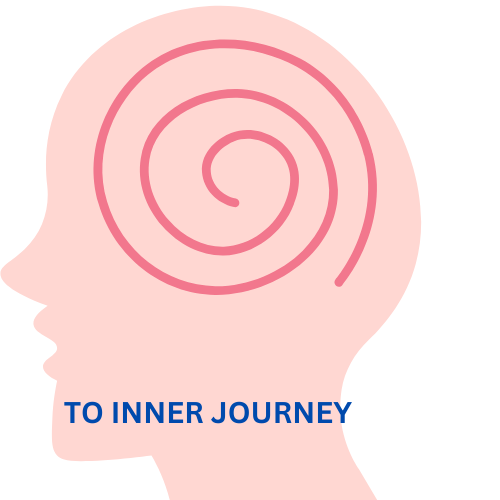
Anger : A Complete Guide to Understanding and Managing It
Anger : A Complete Guide starts with understanding that anger is a natural emotional response to situations that challenge our expectations, threaten our sense of control, or touch on unfulfilled desires. While it is normal to feel angry at times, when left unaddressed, anger can become toxic—draining our energy, damaging relationships, and affecting both our mental and physical health.
Anger is often viewed as a “negative emotion,” but it’s actually a signal. It tells us that something doesn’t feel right. However, reacting impulsively without addressing the root cause only leads to more harm than healing. Expressing anger by yelling, slamming doors, or lashing out may bring temporary relief, but it rarely solves the real issue underneath. That’s why Anger : A Complete Guide encourages us to move beyond the surface reaction and dig deeper.
Understanding the Root Causes of Anger
Let’s explore some common triggers that often lie beneath feelings of anger:
1. Expectations
We get angry when our expectations aren’t met. Maybe you expected your partner to help with chores, but they didn’t. Or you hoped your friend would call on your birthday and they forgot. These unmet expectations create emotional pain, which often manifests as anger.
One helpful step is learning to adjust your expectations. People won’t always behave as we hope they will—and that’s okay. Allow room for differences and imperfections in others.
2. The Illusion of Control
Another major cause of anger is our need to control situations and outcomes. But life rarely goes as planned. Traffic jams, delayed flights, power cuts, or even an unexpected comment from a stranger can trigger intense frustration.
The truth is, much of life is beyond our control. Recognizing and accepting this fact can significantly reduce anger. You can’t control the world—but you can control how you respond to it.
3. Unfulfilled Desires
Desire isn’t inherently bad—but when we become attached to the need for something to happen in a specific way, anger arises when reality doesn’t align.
Whether it’s craving recognition, wanting comfort food, or longing for affection, unmet desires can easily turn into irritation. Learning to accept that not all desires will be fulfilled—and not always on your timeline—is key to emotional freedom.
How to Manage Anger Effectively
Understanding your anger is only the first step. Anger : A Complete Guide also provides actionable strategies to manage and channel this powerful emotion in healthier ways:
1. Channel Your Thoughts
When anger starts rising, pause. Notice your thoughts. Are they rooted in control, unmet expectations, or unfulfilled desires? Once you pinpoint the trigger, reframe it.
For instance, instead of thinking “My coworker never respects me,” try “Maybe they’re dealing with something I’m not aware of. I can still express my needs calmly.”
2. Calm Your Emotions
Anger is energy—it demands release. But the key is how you release it. Rather than suppressing it or exploding outward, sit with the feeling. Observe it. Label it. This mindful approach makes the emotion feel less overwhelming.
3. Take Deep Breaths
The body reflects the mind. When angry, your breathing becomes shallow and rapid. Shift your state by taking slow, deep breaths. Inhale through your nose for 4 seconds, hold for 4, and exhale through your mouth for 6. This simple trick activates your parasympathetic nervous system and brings calm.
4. Practice Gratitude
Anger narrows our focus to what’s missing or wrong. Gratitude expands it. Start each day by listing three things you’re thankful for. This shifts your attention to abundance rather than lack—and over time, reduces the frequency and intensity of anger.
5. Foster a Positive Mindset
What you consume mentally shapes your emotions. Read uplifting books, listen to positive podcasts, and spend time with people who inspire you.
A healthy environment builds emotional strength. When you’re mentally nourished, you’re better equipped to handle triggers without losing control.
Transforming Anger into Growth
The goal is not to suppress or eliminate anger. Instead, it’s to understand and use it wisely. As Anger : A Complete Guide teaches, anger can become a force for good. It can motivate change, spark honest conversations, and protect your values—when approached with awareness.
Ask yourself:
What is this anger trying to tell me?
What boundary might I need to set?
What action can I take that aligns with who I want to be?
By answering these questions, you move from reaction to reflection—and that’s where real growth happens.
In conclusion, Anger : A Complete Guide reminds us that anger is not the enemy. Left unmanaged, it can be destructive. But handled mindfully, it can be a powerful teacher. The more we understand ourselves and our triggers, the more we reclaim control over our emotional life—and create space for healthier relationships, better communication, and deeper inner peace.

